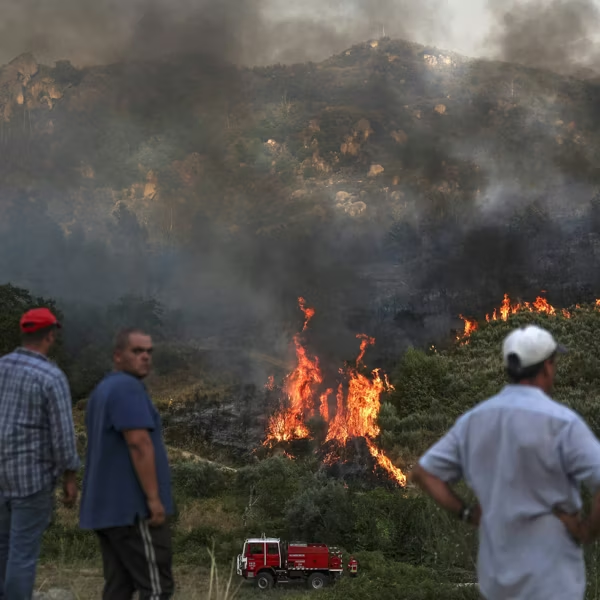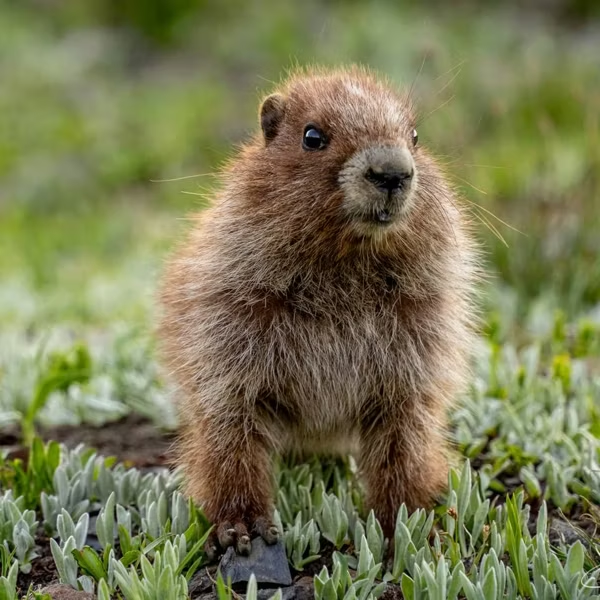In what's being called a "stunning reality check," a new study published in the journal Science reveals that despite global efforts to safeguard biodiversity by establishing nature reserves, nearly a third of the world's "protected land is under intense human pressure."
"For us to find such a significant amount of human infrastructure in places governments have set aside for safeguarding biodiversity is staggering."
--James Watson, conservation scientist
While more than 90 percent of protected land worldwide has been degraded to some degree due to human activity, 32.8 percent--more than 2.3 million square miles--has been significantly impacted by human activity, according to the report.
"What we found was massive amounts of high-level human infrastructure, for example mining activity, industrial logging activity, industrial agriculture, townships, roads, and energy," lead author James Watson, a conservation scientist at the University of Queensland in Australia, told the Guardian.
"These are the places that nations have said they are setting aside for nature's needs not human needs," he added. "So for us to find such a significant amount of human infrastructure in places governments have set aside for safeguarding biodiversity is staggering."
Watson and fellow researcher Kendall Jones explained the results of their study in a video produced by the University of Queensland:
Although the damage was most common in densely populated parts of Africa, Asia, and Europe, researchers emphasized that it is a global issue. Their findings bolster concerns generated from other recent reports that have shown that human activity--most notably, anthropogenic climate change--is causing "a major biodiversity crisis."
Guy Midgley, a world-renowned expert on biodiversity and professor at South Africa's Stellenbosch University, issued warnings this week about the impact of global warming on the planet's species alongside his latest report, also published in Science.
"There is way too much debate about the issue of climate change and whether or not it is real. What we really need to be doing is debating how we solve this problem," he said in a statement.
"There is way too much debate about the issue of climate change and whether or not it is real. What we really need to be doing is debating how we solve this problem."
--Guy Midgley, biodiversity expert
Referencing the goals of the Paris climate agreement--which aims to keep global temperature rise well below 2 degrees Celsius compared to pre-industrial levels by pursuing efforts to limit the increase to 1.5 degrees Celsius--Midgley said, "We need to stay as close to 1.5 degrees Celsius as possible."
"Warming by more than 2 degrees," he added, "will take the world into a temperature state that it hasn't seen for several millions of years."
Another biodiversity study published last month found that one in eight of the world's bird speices are threatened by extinction and, as Common Dreams reported, experts warned that "while the report focuses on birds, its conclusions are relevant to biodiversity more generally."
The natural resources report frankly acknowledges this global biodiversity crisis, and asserts that making greater efforts to protect nature reserves is an essential and effective way to address it.
"In an era of massive biodiversity loss, the greatest conservation success story has been the growth of protected land globally. Protected areas are the primary defense against biodiversity loss, but extensive human activity within their boundaries can undermine this," the report reads.
In light of the researchers' findings, the report concludes, "Transparent reporting on human pressure within protected areas is now critical."




